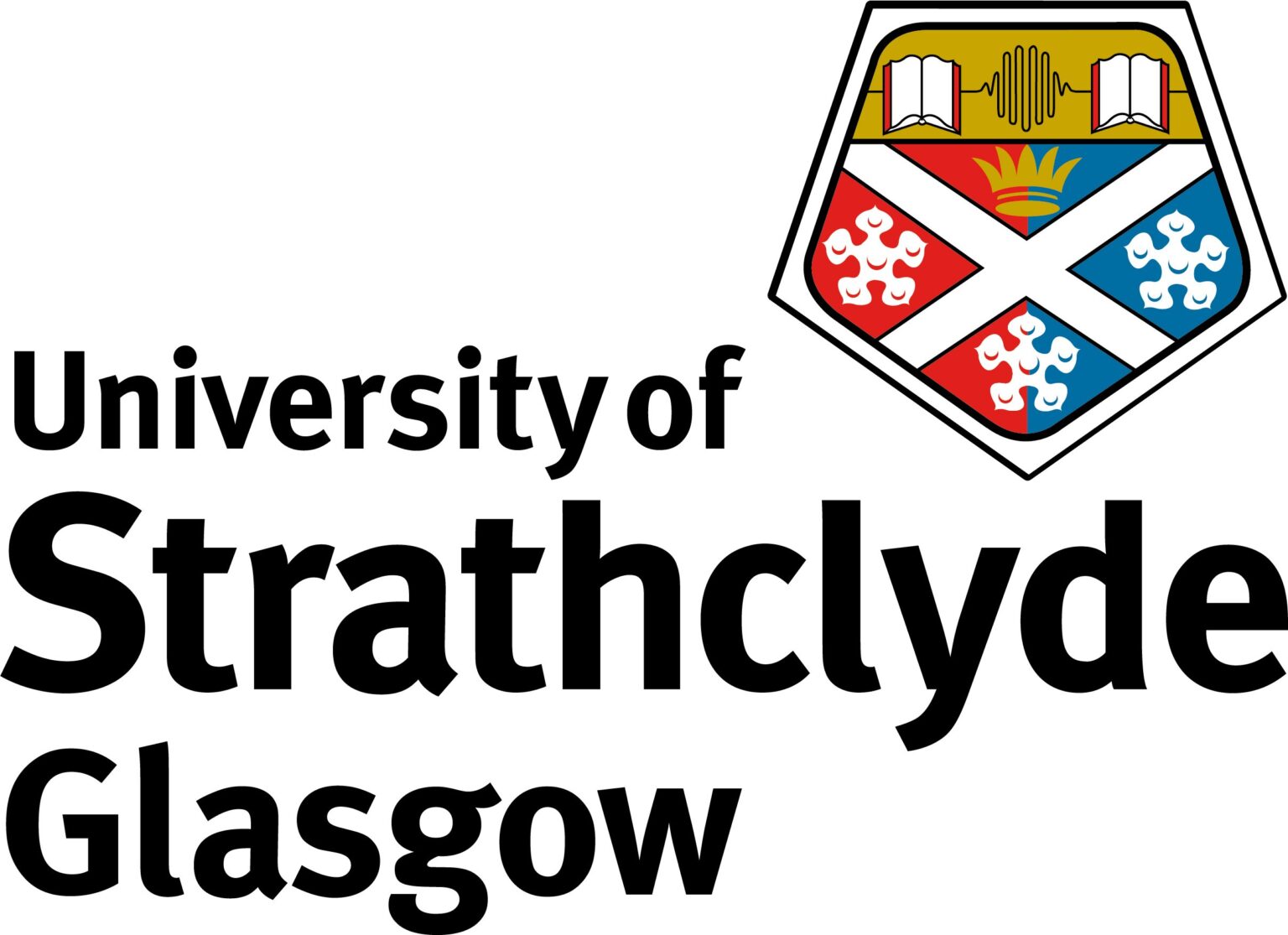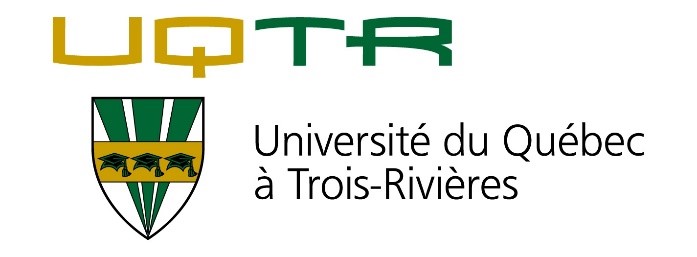Canada - Information on Country Independent Police Complaints Bodies
To fully understand the mechanisms of police oversight in Canada, it is important to first look at the functioning and power structures in place in the country. Canada is composed of 10 provinces (British Columbia, Alberta, Manitoba, Saskatchewan, Ontario, Quebec, New Brunswick, Nova Scotia, Prince Edward Island and Newfoundland and Labrador) and 3 territories (Northwest Territories, Nunavut, and Yukon). The 10 provinces have legislative and sovereign powers that are independent of the federal government. As for the territories, it is a bit more complex: they are administered by Parliament, but some legislative powers have been decentralized to political entities responsible for parts of these territories.
Ontario, Quebec, and British Columbia are, in order, the three most densely populated provinces. Together, they account for almost ¾ of the Canadian population (Ontario about 40%; Quebec a little over 20% and British Columbia about 15%).
Canada is divided into 5 major jurisdictions:
1) Federal – Royal Canadian Mounted Police (RCMP)/Gendarmerie royale du Canada (GRC)
2) Provincial or Municipal – Only Ontario, Quebec and Newfoundland and Labrador have provincial police force.
a. Ontario: Ontario Provincial Police/Police provinciale de l’Ontario (OPP)
b. Quebec: Sûreté du Québec (SQ)
c. Newfoundland and Labrador: Royal Newfoundland Constabulary/Police royale de Terre-Neuve (RNC)
The RNC operates only in urban areas, in other areas, the RCMP has authority.
3) Military – Police Military on Canadian Armed Forces
4) First Nations (and Inuit)
5) Off-Duty
Some police forces are private organizations: they have the same powers as government police authorities (ex. Canadian Pacifique and Canadian National).
Legal Dispositions
According to the Constitution, assuring a police force is a provincial responsibility. Provinces that do not have provincial police forces have a contractual agreement with the RCMP (outsourcing). Therefore, they are established by or under an Act of Parliament or an Act of the legislature of a province.
Civilian Police Oversight Mechanisms
The establishment of police oversight agencies in Canada was prompted by amendments to police legislation in each province. Individuals can file complaints through various channels, including directly with the police service, the oversight agency, or another complaint authority, if available.
There are two main types of civilian police oversight mechanisms in Canada; the ones which receives public complaints related to non-criminal misconduct by police officers (1); and those which investigates incidents leading to serious injury or death, as well as police conduct allegedly violating the law (2).
More specifically, each provincial government has the authority to enact its own version of a public complaint process and may establish its investigative agency. While these processes share some aspects such as the mission and values, they differ significantly in terms of power, budget, and resources. By comparison, Investigative agencies follow a distinct procedure. In the event of a serious incident, the police service informs the provincial investigative agency, which then examines the incident to determine any wrongdoing. Some agencies can press criminal charges, while others can only recommend them. The public cannot directly initiate an investigative agency's inquiry but must report allegations through a public complaints process or a police service, which can then refer the complaint to an investigative agency (CCLA, 2015).
There are 24 civilian oversight agencies across Canada. Their mandate may differ, and they assist and consult each other to establish best practices.
Sixteen (16) of those agencies receive complaints from the public regarding non-criminal misconduct by a police officer and eight (8) investigate police actions that lead to the serious injury or death of an individual, and on police conduct that allegedly violated the law.
As far as we understand for the moment, if there is no agency for a conduct that led to a serious injury or death of a person in the province, the municipal police service of RCMP concerned must “request that the Deputy Minister of Justice appoint an investigation observer from another police service OR RCMP detachment” (CACOLE, 2010, p.26). That observer will be responsible to monitor the investigation and will report back directly to the Deputy Minister. Northwest Territories, Nunavut and Yukon don’t have a civilian oversight agency.
All information relating to these agencies is provided for in the Police Acts of the province to which they belong. In general terms, therefore, part of the Act relates to the agency and defines/explains its role, the procedure for appointing the 'director', the extent of confidentiality, the expectations of the annual report to be produced, the powers and responsibilities, the actions that are considered and the sanctions provided for (or the procedure), the possibility of appeal (or the impossibility). Several other laws may also be involved, and their interpretation intertwined.
CRCC – Civilian Review and Complaints Commission for the Royal Canadian Mounted Police
Commissaire à la déontologie policière
OIPRD – Office of the Independent Police Review Director
Edmonton Police Commission
LERB – Alberta Law Enforcement Review Board












